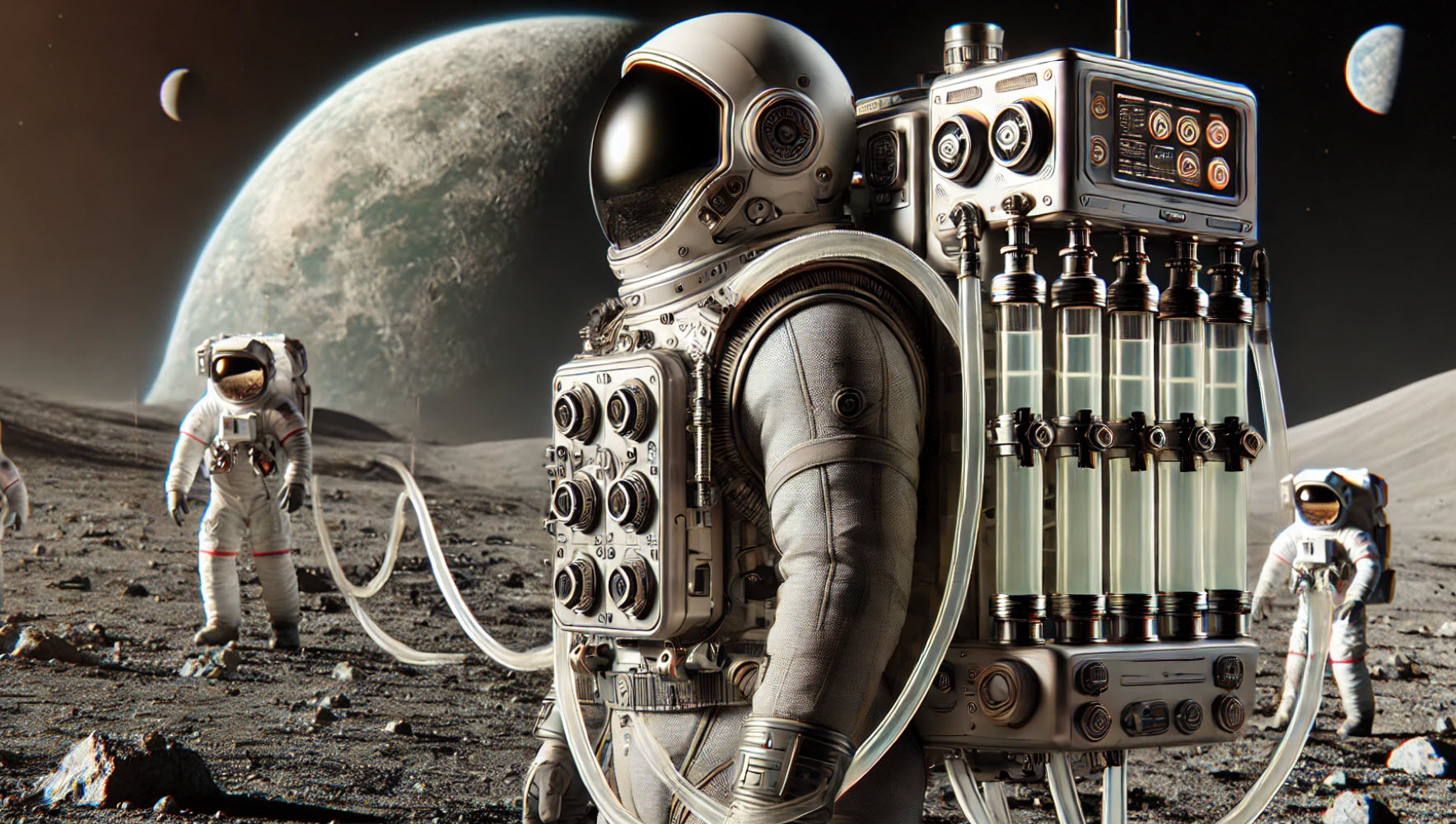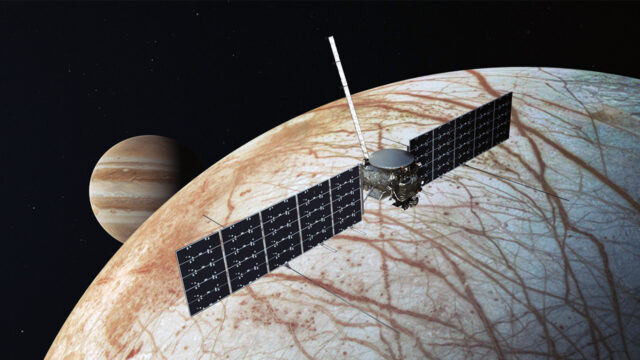In a groundbreaking development, researchers at Cornell University have unveiled a prototype that brings science fiction into reality. Inspired by the ‘stillsuits’ from the popular Dune franchise, this new spacesuit upgrade allows astronauts to recycle urine into drinkable water. This innovation promises to enhance comfort, hygiene, and sustainability during space missions.
Astronauts on spacewalks have long faced discomfort and hygiene issues due to having to relieve themselves inside their spacesuits. Unlike wastewater on the International Space Station (ISS), the water in urine from spacewalks has not been recycled—until now.
The newly designed system, published in Frontiers in Space Technology, features a vacuum-based external catheter. System is combined with a forward-reverse osmosis unit. This advanced system resembling the stillsuit from the Dune movies ensures a continuous supply of potable water with multiple safety mechanisms, prioritizing astronaut well-being.
Sofia Etlin, a research staff member at Weill Cornell Medicine and Cornell University, explained the breakthrough. “Our design includes a vacuum-based external catheter leading to a combined forward-reverse osmosis unit. This provides a continuous supply of potable water with multiple safety mechanisms to ensure astronaut well-being.”

Designed for NASA missions
This innovative system is designed for NASA’s upcoming Artemis II and III missions in 2025 and 2026. These missions will see crews orbiting and landing on the moon’s south pole. Crewed missions to Mars are expected by the early 2030s.
Astronauts have long complained about the discomfort and hygiene issues of the existing maximum absorbency garment (MAG), a multi-layered adult diaper made of superabsorbent polymer. “The MAG has leaked and caused health issues such as urinary tract infections and gastrointestinal distress,” said Etlin.
Astronauts currently have only one liter of water available in their in-suit drink bags, insufficient for the planned, longer-lasting lunar spacewalks. Etlin and her colleagues designed a urine collection device with an undergarment of flexible fabric, connecting to a molded silicone collection cup. The inner face of the collection cup draws urine away from the body and towards the inner cup’s inner face, where a vacuum pump sucks it away.
Once collected, the urine undergoes an 87% efficient filtration process through integrated forward and reverse osmosis. The purified water, enriched with electrolytes, is then pumped into the in-suit drink bag for consumption. The entire process, from collection to purification, takes just five minutes.
The stillsuit system, compact and light enough to be carried as a backpack, is powered by a 20.5V battery with a capacity of 40 amp-hours. Its total size is 38 by 23 by 23 cm, and it weighs approximately eight kilograms.
Dr. Christopher E. Mason, a professor at Cornell and the study’s lead author, highlighted the next steps. “Our system can be tested in simulated microgravity conditions, as microgravity is the primary space factor we must account for. These tests will ensure the system’s functionality and safety before it is deployed in actual space missions.”
This Dune-inspired innovation represents a significant leap forward in space travel technology, promising enhanced comfort, hygiene, and sustainability for astronauts on future missions.














